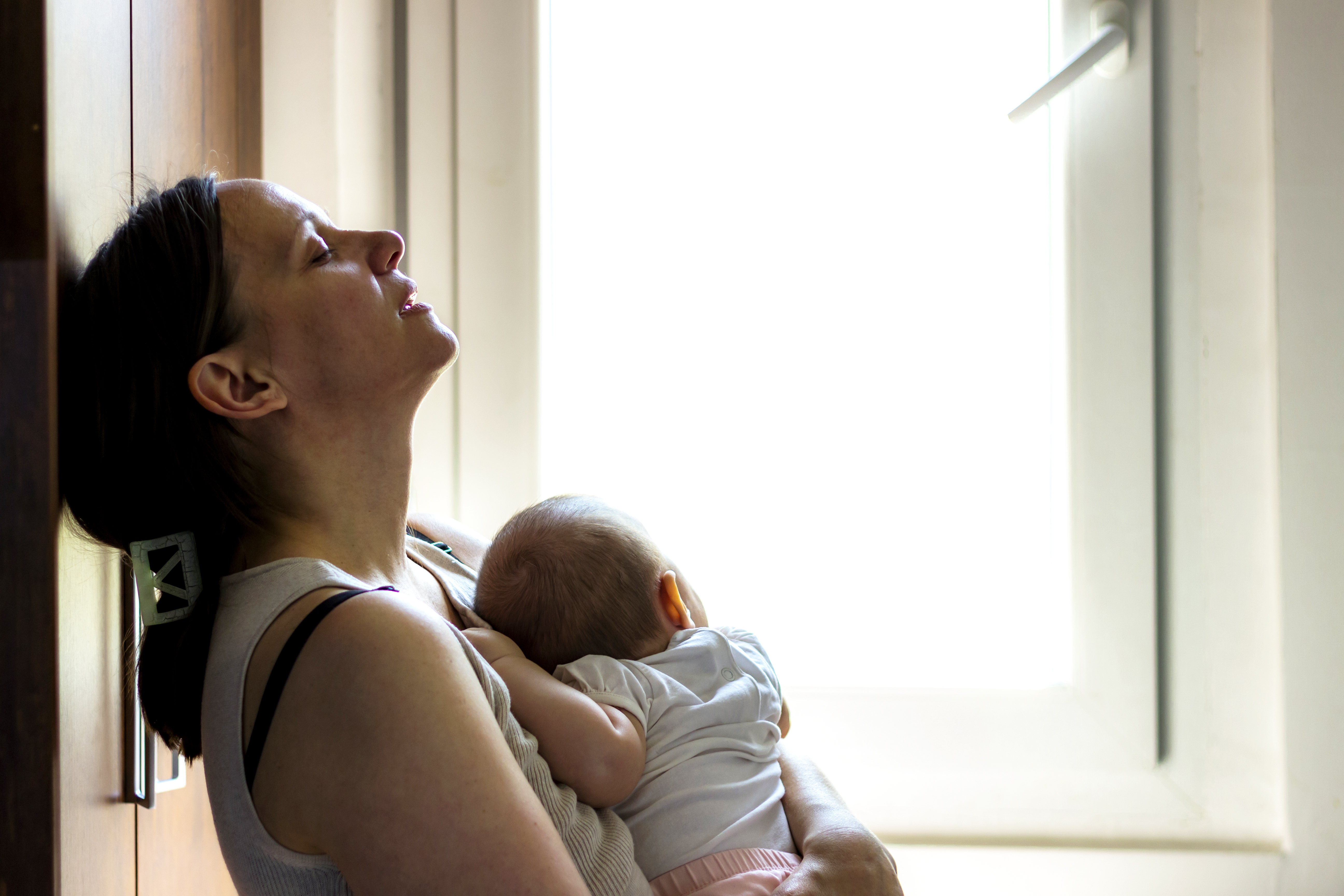What is Postnatal Depression?
It is estimated that 1 in 7 women will experience postnatal (or perinatal) depression and 1 in 10 men will also experience this. This is not the same as the ‘baby blues’ typically experienced within the first week following birth but quickly resolving. This consists of depressed mood, loss of appetite, exhaustion, poor sleep, at times poor attachment to the baby, and in some cases, thoughts about suicide or harm to partner or baby.
Many that experience post-natal depression have feelings of shame or guilt and may delay or avoid seeking help. They may feel like a failure as “everyone else” seems to be coping and they are constantly reminded of this at Mother’s groups and Facebook posts. Each day may feel like a constant struggle with little enjoyment.
Parents may also experience feelings of anxiety at the same time as depression. This is just as common as postnatal depression but is less talked about. Postnatal anxiety may include constantly feeling worried or on edge, feelings of panic like racing heart, or feelings of being ‘out of control’. This anxiety can become overwhelming, making it even harder to face the new challenges of being a parent.
For any parent that is relating to this, it is important to realise that you are not alone. It is important to begin a conversation with someone about how you have actually been feeling. This can be with your GP, another family member or friend. It is important to ask for help, even if they are not the person to do it.
Symptoms of Postnatal Depression
Everyone is different in how they experience postnatal depression. You may experience all or some of the symptom below.
- Feeling down, flat or low most days
- A sense of hopeless or of being a ‘failure’
- No longer enjoying the things you used to
- Loss of confidence or self-esteem
- Low motivation and withdrawing from others
- Feelings of worry, panic, or being on edge
- Difficulty sleeping (irrespective of the baby’s routine)
- Changes in your appetite and weight gain or weight loss
- Loss of libido
- Suicidal thoughts or ideas
How a Psychologist can help?
Some advice from Erika Fiorenza, Clinical Psychologist
 The stigma connected to even expressing any dissatisfaction or difficulty with parenting can hold people back from seeking help, leading to further feelings of
The stigma connected to even expressing any dissatisfaction or difficulty with parenting can hold people back from seeking help, leading to further feelings of
isolation and helplessness. We all have the tendency to ‘compare upwards’. It is common for new mothers to compare themselves and their baby’s development to
that of their peers and conclude that “everyone else is doing well”.
Women with postnatal distress that present for therapy can describe a number of these unhelpful thoughts. When they become ‘entangled’ or ‘caught up’ with these thoughts they find themselves moving further away from the parent, partner, or person they want to be.
There are a number of studies suggesting that cognitive processes (such as those in postnatal depression) can impact on a mother’s capacity to respond to her baby and the outside world.
In therapy, we work on normalising these thoughts, and help people learn skills to manage their thinking, such that it has less influence over their mood and actions. In addition to dealing with painful thoughts, therapy for postnatal disorders may also include dealing with painful feelings, urges and sensations.
Another critical part of therapy is getting back into activity. Low motivation (one of the main symptoms of depression) leads to doing less, enjoying less, and consequently feeling worse.
It’s hard to feel ‘normal’ when we don’t do normal things. If ‘normal’ is having contact with friends or doing daily activities like cooking a meal or going to the shop, then this is where we start. In therapy we work on helping people identify what it is they value. Identifying values such as ‘self-care’, ‘challenge’ or ‘acceptance’ can help parents reconnect with what is important and help clarify goals for moving forward.
